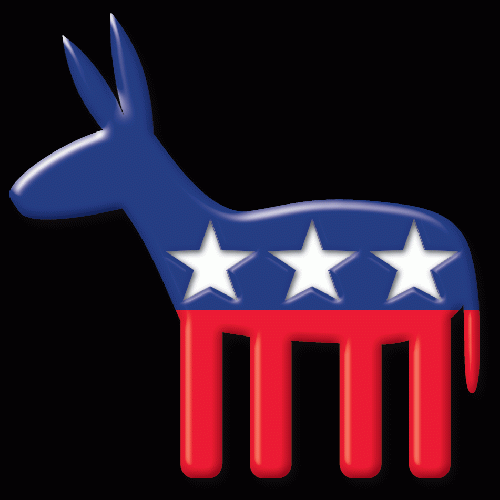Vt. senator Bernie Sanders' historic primary challenge against Hillary Clinton two years ago proved the term "Democratic Socialism" isn't the Boogie Man Cold War-era propaganda has always made it out to seem.
Because of Sen. Sanders, Medicare-for-all has become codified in the Democratic party platform, as has free state college and university tuition, climate change mitigation, criminal justice reform, campaign finance reform, and other issues that previously either got passing mention or no mention at all.
Sen. Sanders proved Americans overwhelmingly favor progressive positions on issues that most affect them, that those positions are not "radical," but are, in fact, those that defined the Democratic party from the 1930s to the 1990s, when the eighties' Reaganomics corporate takeover forced the Democratic party of Franklin Roosevelt's New Deal to tack to the right.
One acolyte from the neoliberal Clinton administration has now come out admitting it is time for the mainstream Democratic party to return to the progressive roots Sen. Sanders and other new lawmakers embrace if it is to survive the age of Trump.
Brad DeLong, an economist at the University of California-Berkeley, served as President Bill Clinton's Deputy Assistant Secretary of the Treasury for economic policy.
He admits he is a "Rubin Democrat," a market-friendly adherent of Clinton Treasury Secretary Robert Rubin.
He also admits:
"The baton rightly passes to our colleagues on our left. We are still here, but it is not our time to lead."
After President Ronald Reagan decimated unions in America, the Democratic party was forced to refashion itself to remain viable during the Geo. H.W. Bush administration and beyond.
In 1985, Al From and a group of political strategists formed the Democratic Leadership Council (DLC). They advocated a "third way," a more corporate-minded, Reaganesque, Republican-light approach to traditional Democratic policies.
In so doing, they intended to bridge the divide between the so-called "Reagan Democrats" and more centrist Republicans.
After 1992, it became difficult to delineate between a Republican and a Democrat once the mainstream Democratic party cozied up to banks, insurance companies, Wall Street investment firms, and tech companies.
Under the "New Democrat" label, President Clinton, who campaigned as a quasi-FDR New Dealer, governed as a centrist Republican.
He bent over backward trying to placate Republicans who held the majority in Congress most of his tenure.
He signed the North American Free Trade Agreement (NAFTA) his predecessor, George H.W. Bush, negotiated, leading to over 25 years of evaporating American manufacturing jobs.
(Note: You can view every article as one long page if you sign up as an Advocate Member, or higher).






